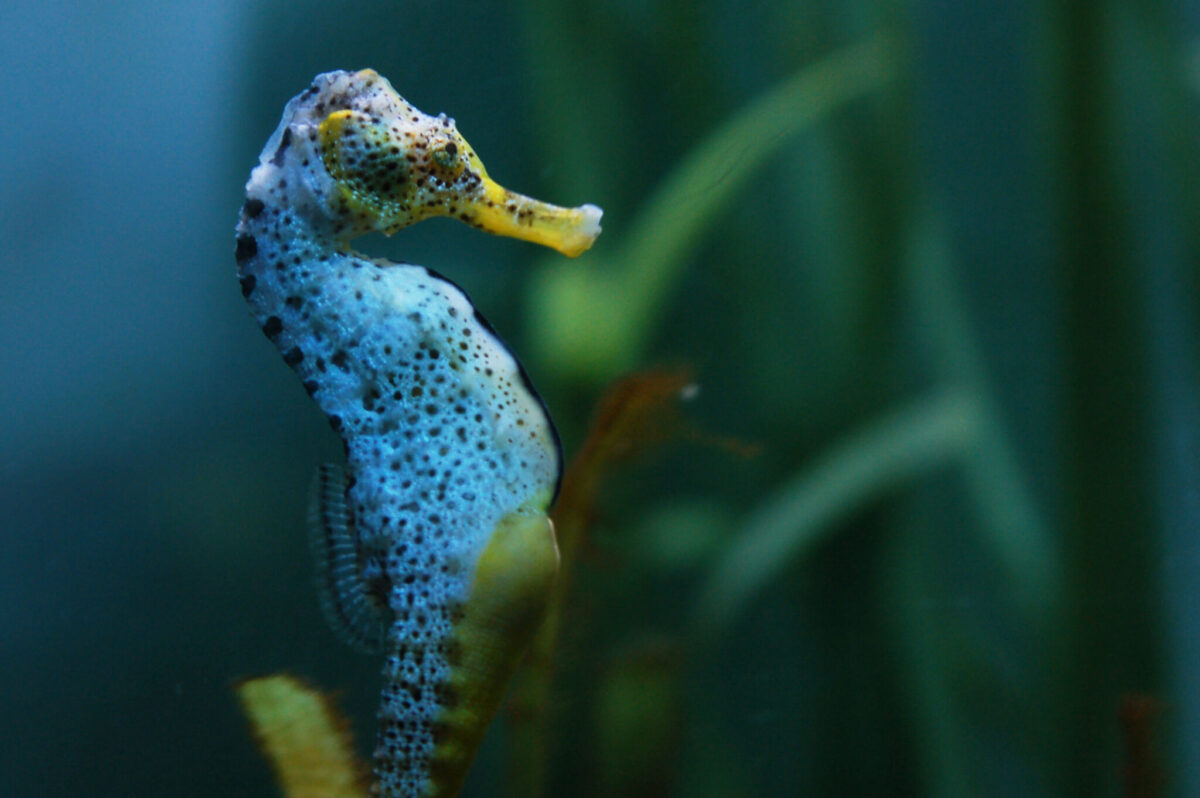

Queensland’s Ban of Single-Use Plastics and How Your Business Can Prepare for 1 September 2021
Queensland is set to become the second state to enforce a ban on single-use plastics. On 1 September 2021, a ban will be imposed on “single-use plastics straws, stirrers, cutlery, plates and expanded polystyrene products”.
Following the first phase of Queensland’s move to a greener future, further bans will be enforced on coffee cups, takeaway food containers and heavyweight plastic bags.
In Australia, plastic is a significant source of landfill and water pollution. It has been stated that of the 2.5 million tonnes of plastic waste generated in Australia in 2016-7, only 9% was sent for recycling (1). Further, unless the world takes drastic action to recycle the material, plastic rubbish will outweigh fish in the oceans by 2050 (2). Not only do these plastics accumulate waste, but exposure to micro-plastics is highly dangerous to wildlife and damaging to our own health (3).
While the shift to a plastic-free future is a major stride in preserving our earth, it is crucial that businesses begin to prepare for these new laws. As such, we have compiled a useful list of steps which detail how businesses and companies can prepare for the new laws and ultimately begin to reduce their use of single-use plastic products.
- The first step to addressing the plastic ban is to conduct an audit on the plastics that are used in your workplace. Your audit may cover areas such as the communal kitchen, rubbish bins and storage rooms. In doing so, you may identify types of plastics that you are most reliant upon and can then begin considering new alternatives for these products.
- Next, it is imperative that you encourage a BYO culture at your workplace. Ask your employees to use recyclable bags; reusable cups and water bottles. Encourage your customers and clients do the same.
- Following this, your business should prepare alternatives for single-use plastics that are harder to replace. This may involve speaking to suppliers about switching to different packaging or perhaps consider alternate suppliers.
- It may be effective to use positive signage and info-graphics in your workplace, outlining the detrimental impact of plastics, the importance of adjusting your behavior, and things you can do to manage your use of these products.
- Finally, recognize and express appreciation when customers and employees make an effort to reduce their use of single-use plastics; encourage this behaviour and motivate others to do the same.
We are very pleased to see many of our clients proactively reducing the use of plastics and we will continue to reduce the use of single-use plastics in our own workplace.
For more information, click here to visit Queensland Government’s webpage on the Single-Use Plastic Products ban.
Date Published: 13 April 2021.
The Macro Group Limited AFSL:485843 Tax Agent Number 24 76 5236.
The information in this article contains general information only. We have not taken into consideration any of your personal objectives, financial situation or needs. Before taking any action, you should consider whether the general advice contained in this communication is appropriate to you having regard to your circumstances and needs, and seek appropriate professional advice if you think you need it. We recommend that you consult a licensed or authorised financial adviser if you require financial advice that takes into account your personal circumstances.